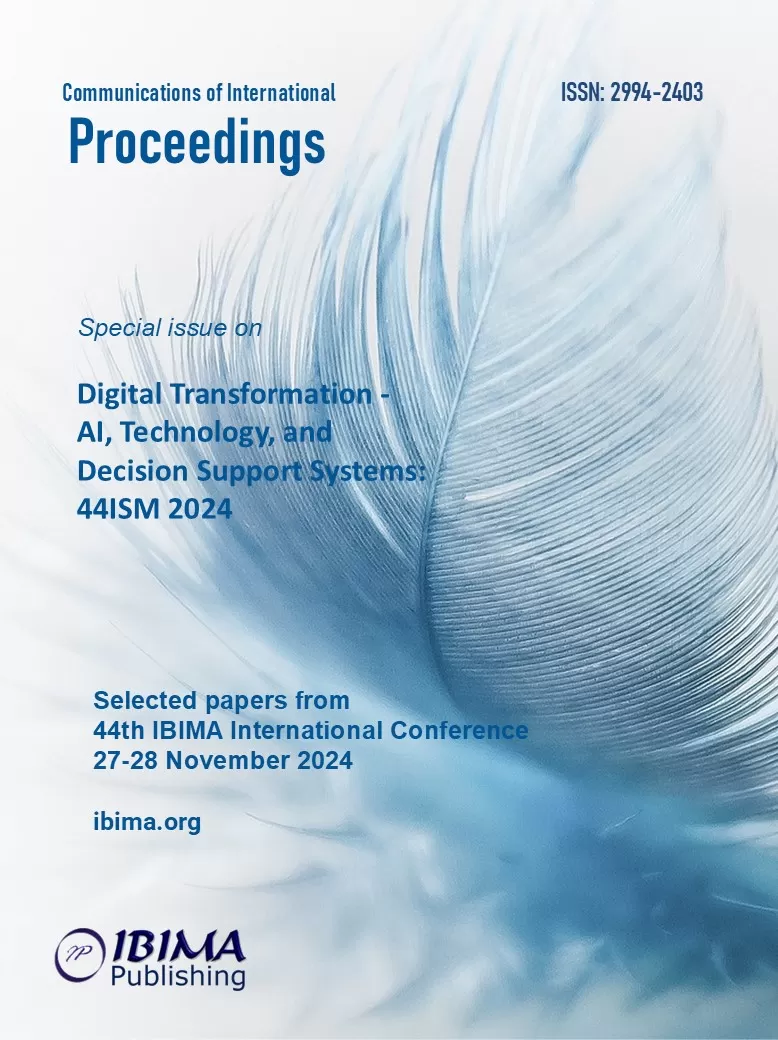
Anna Irena SZYMANSKA
Department of Commerce and Market Institutions, Krakow University of Economics, Krakow, Poland

Artificial intelligence (AI) is widely recognized as a critical driver of social change and economic development. Numerous analyses have been conducted to explore the applications of AI across various domains of human activity, especially in the city space. The pivotal role of creative citizens in shaping the development of sharing smart cities has been frequently highlighted. However, a research gap has been identified, particularly in relation to the differentiation of behaviours among individual generations in this area. In light of this, the main objective of the article is to examine the declared interest in and use of AI-based solutions among members of Generation C, who are also active participants in urban spaces. AI-driven technologies play a crucial role in the evolution of smart cities. Access to such solutions, coupled with the ability to integrate them into daily life, significantly enhances the position of young urban citizens compared to other city residents. This not only facilitates the effective use of sharing economy solutions but also streamlines the management of urban infrastructure. The research framework used in this article is based on a literature review examining the evolution of society in response to economic and technological transformations. It also incorporates qualitative research utilizing the method of focused group interviews (FGI). The collected empirical data were subjected to semantic field analysis, which facilitated the reconstruction of two definitions explaining the perception of AI as a phenomenon. Furthermore, the paper presents the participants’ statements on the benefits and risks associated with the integration of AI into the daily lives of urban residents. These considerations culminated in the development of a conceptual model for Sharing Smart City.